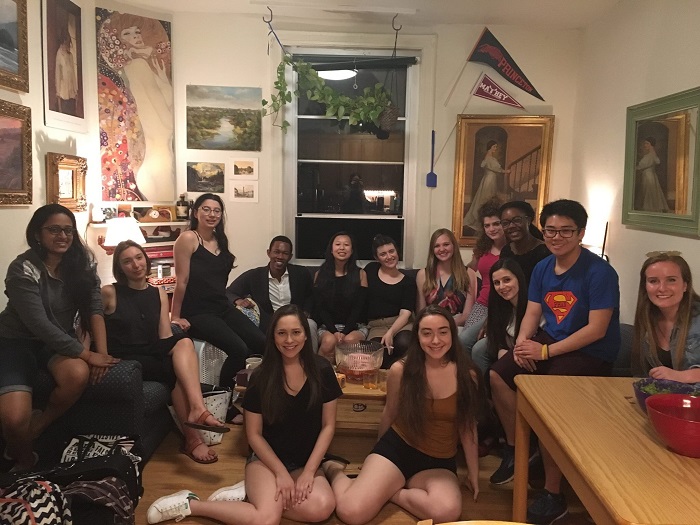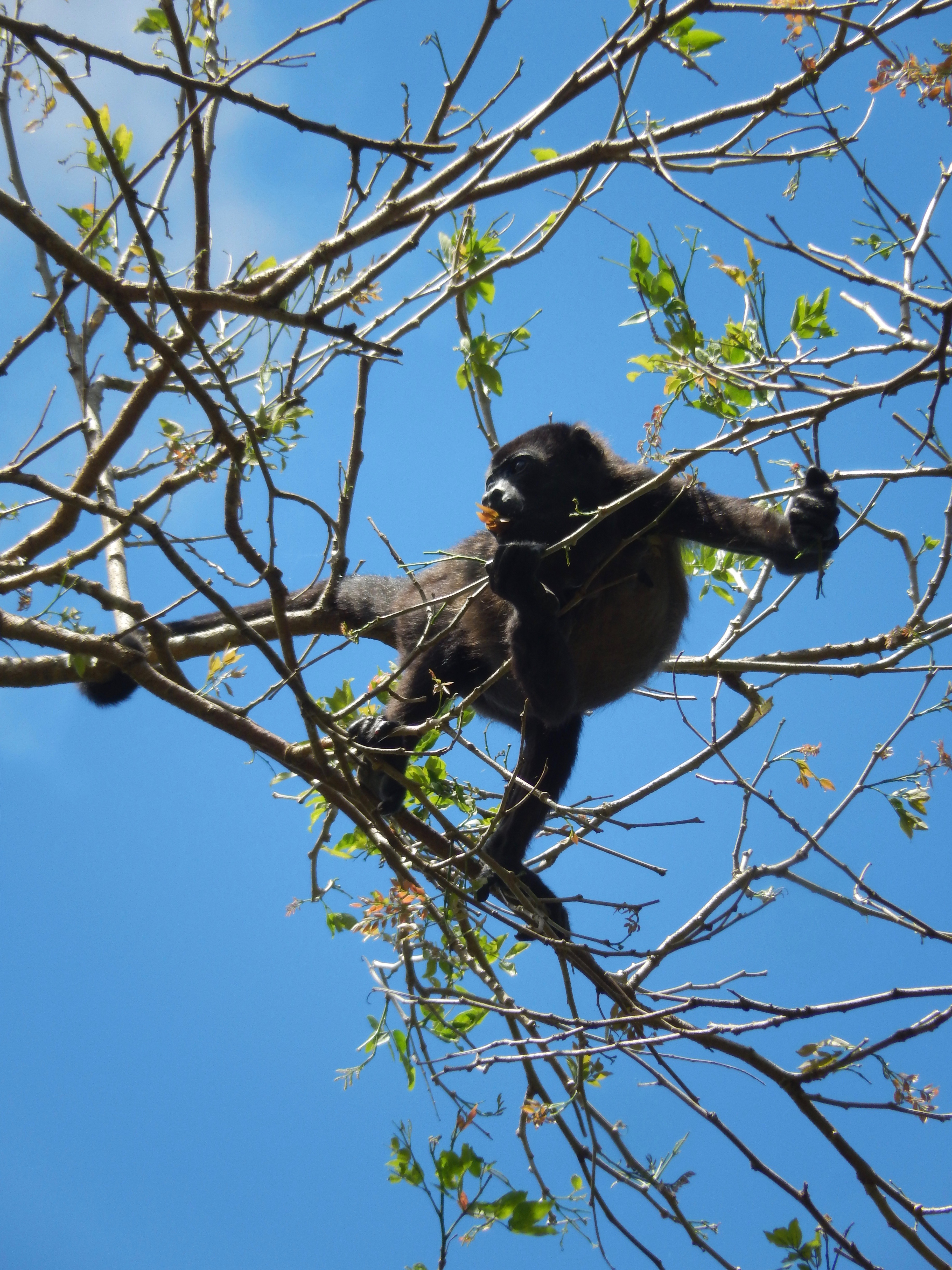Princeton students enjoy joking about the unique language of acronyms and slang that we have developed to communicate about different activities and aspects of life on campus. Whether you are chatting about your Zee group (advisory group), COS (computer science), or D3 (Draft 3 of the freshman writing seminar), for an outsider or anyone new to Princeton it is all quite confusing.
When I first started Princeton, I was immediately taken by the notion of the “study break.” While the name itself is self-explanatory, the extent to which study breaks are such an integral part of Princeton culture took time to register. Study breaks are organized by clubs, groups and even classes. They represent the chance to put down your work and go eat, chat with friends or do something fun. I was dubious about this notion of “pre-organized,” seemingly artificial fun. If I wanted a break, I could just take a break, right? Why make the effort to go to the various different study breaks I was invited to each week?
After going to my first study break, I changed my mind. In an atmosphere in which everyone can be busy with academics and activities outside the classroom, it’s great to have a culture that emphasizes taking a break. Once I embraced the idea of the study break, then I became overwhelmed by the sheer number of breaks offered – how was I supposed to choose? Once I came to see study breaks less as a break from studying and more as a social event, I relaxed and enjoyed the options.
One week, I helped to organize two study breaks. On one day, I helped host a wood-fired pizza study break as board member of the Center for Jewish Life. My responsibilities in the CJL during the semester have consisted of organizing weekly study breaks and it has been fun to get creative about what we can organize to help students relax, unwind and snack on delicious treats. Other study breaks have included make your own s’mores, waffles, fancy coffee and gelato.
The other study break I organized was one through the vegan advocacy organization I am a part of. We served vegan hot chocolate, eggnog, muffins, donuts and more to help interested students learn about delicious vegan options. This study break was particularly enjoyable as it allowed me to both be involved with a cause I care about and share that passion with my community.
Overall, I am grateful for the unique culture of study breaks at Princeton and know I will take the spirit of them with me wherever I go when I graduate.








